ABOUT
Psychotherapy
Why Psychotherapy?
Patients often ask, on why they should seek psychotherapy. Ask yourself this simple question ‘are you ok or are there areas of your life, in which you are not ok and seek to change?
What is a Psychotherapist?
We are Registered Psychotherapist (R.P.) with the ‘College of Registered Psychotherapists of Ontario’ (CRPO). Some early career psychotherapist still need supervision hours to complete their full registration requirements to become full R.P’s but are fully licensed and trained clinicians. Psychotherapists are not doctors and can not diagnose or prescribe medication.
Why seeking a psychotherapist?
Why am I being referred to a psychotherapist with chronic pain?
What happens in a psychotherapeutic session?

A psychotherapy session is 50minutes in length, a follow-up session 30 minutes in length. In some cases we offer sessions over the phone. Please speak to your therapist about thise options. During your first session, the psychotherapist will ask many questions. This part is when the psychotherapist conducts a bio-psycho-social assessment, which will provide the clinician with necessary background information on why you seek this support and what support might best suit your needs. At the end of your first session, your therapist normally has an idea, how she/he can support you moving forward but will discuss ideas around that with you. A psychotherapist has an understanding of different intervention techniques. Most psychotherapist lean to one technique more than another but a skillful clinician will use various tools from different approaches to support you in a way, that provides you with a sense of moving forward.
You decide then on how you want to use these new learned tools and turn them into skills that apply for your life and healing journey. Your practice starts, when the session is over and you apply yourself through your every day life. You might discover that some tools are more relevant than others and will discuss with your psychotherapist at each session, what has been working and what has not. Psychoeducation and a psychoanalytic approach around your challenges will help you understand connections better.
You will be introduced:
- To observe patterns and triggers and how to respond to them
- About choices in life and how certain habits might have kept you on the same path
- On how your thoughts impact your behaviour and how to change those
- With strategies you can chose from to regulation techniques supporting your emotional imbalances
- And at times, you might just need support and someone who listens to you and your challenges.

Psychotherapy is voluntarily and relies on your willingness to improve areas in your life, you identified as challenging or a struggle. It’s not a magic pill and sometimes not the solution alone. At GIPP we offer a variety of different services to chose from, to support your healing journey.
WE’D LOVE TO HEAR FROM YOU!
Just connect with our clinical manager to set you up with a therapist. We invite you to a free 15 min consultation via phone or virtually.


